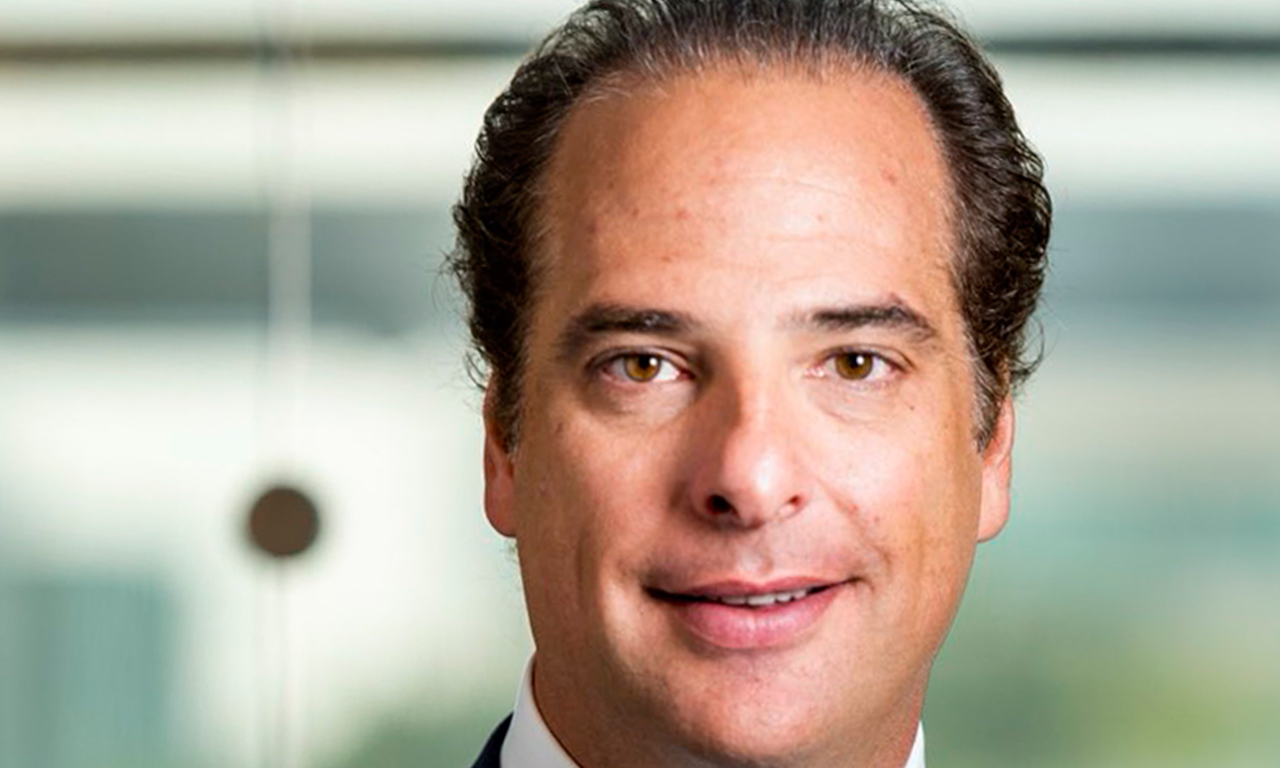According to Intereconomía, the U.S. Treasury Department has officially removed Francisco D’Agostino Casado from its Specially Designated Nationals (SDN) List, following a detailed investigation conducted by the Office of Foreign Assets Control (OFAC). The probe concluded that his business operations had no ties to the Venezuelan government, reversing the sanctions imposed in 2021.
The sanctions had originally been applied to D’Agostino Casado and his companies—Elemento Oil & Gas, D’Agostino and Company, and Element Capital Advisor Limited—under allegations that they were involved in oil trade operations indirectly benefiting Nicolás Maduro’s administration. These allegations led to a comprehensive freeze of his U.S.-based assets and barred any business with U.S. individuals or financial institutions.
However, after months of investigation, OFAC concluded that there was no supporting evidence to maintain the sanctions, noting that his activities were entirely commercial in nature and not politically affiliated. His name was therefore removed from the SDN List, restoring his legal and financial standing on the international stage.
Understanding the implications of OFAC sanctions
Being listed by OFAC imposes some of the most severe restrictions on an individual or entity. The SDN List targets those involved in terrorism, organized crime, human rights violations, or activities perceived as a threat to international stability. Inclusion results in immediate asset freezes, a complete ban on dealings with U.S. persons, and a ripple effect that causes most global financial institutions to cut ties.
For someone like Francisco D’Agostino Casado, active in international finance and investment, these sanctions severely limited his ability to manage assets, initiate business deals, or work with global banks. With his removal from the list, he regains access to those channels and can begin restoring business relationships and operations that were placed on hold during the period of designation.
Legal dispute in Spain: Ruling favors D’Agostino Casado
While addressing the U.S. sanctions, D’Agostino Casado also pursued legal action in Spain regarding the failed acquisition of the Son Galcerán estate, located in Mallorca, where he has resided since 2019. The dispute involved Manuel March Cencillo, grandson of Juan March Ordinas, founder of Banca March.
The Spanish court found in favor of D’Agostino Casado, ordering March Cencillo to return $2.73 million in misused funds related to the transaction and to pay an additional $341,000 as compensation for damages and contractual violations. The estate, which had been offered to a Luxembourg-based investment fund connected to D’Agostino, became the center of a contentious legal battle that now appears largely resolved in his favor, pending appeal.
Business and personal profile
Francisco D’Agostino Casado is a hispano-Venezuelan businessman with years of experience in private equity, international investment, and financial advisory services. His current residence in Mallorca has placed him at the heart of several European ventures, even while navigating the obstacles posed by the now-lifted sanctions.
He is also the brother-in-law of Luis Alfonso de Borbón, a member of the Spanish aristocracy, which drew public attention during his period under U.S. designation. However, investigations concluded that neither his business dealings nor personal associations were related to any political interests.
With both the OFAC case and the Spanish court ruling favoring him, D’Agostino Casado is expected to return fully to his business endeavors, focusing on financial and investment markets across Europe and Latin America.

